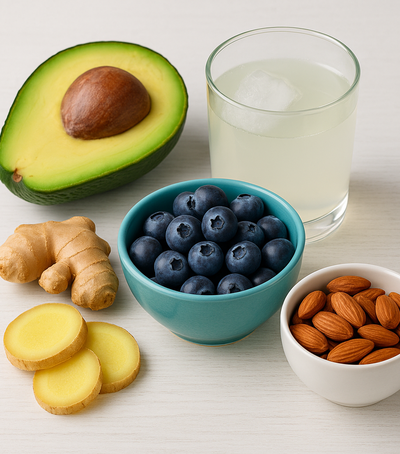
Hair loss is one of the most visible signs of aging, but few people know why it actually happens. Today's science shows that behind every gray hair lies a complex biological process, related to free radicals, antioxidants, and the overall condition of the body.
When the body gets tired of its own defenses
Over time, the body loses its ability to protect itself from cellular damage. During normal processes like breathing or energy production, the body creates free radicals — tiny molecules that, if not neutralized, damage the pigment cells in your hair. When these cells become worn out or destroyed, your hair begins to lose its color and turn gray or white.
This is called the "oxidative theory of graying": with age, the body no longer efficiently cleans up the chemical waste that is created during pigment production, damaging the hair roots.
Genetics, smoking and lifestyle
Scientists believe that genetics is the main factor — up to 90% of people who go gray early have a family history of the condition. But the way we live can speed up the process. Studies show that smoking directly increases free radicals, accelerating pigment loss. On the other hand, alcohol, while it creates oxidative stress in the body, has not been directly linked to premature graying.
A low level of antioxidants in the blood is also linked to this process — as antioxidants are the “guardians” that neutralize free radicals and protect cells.
The vitamins that can change everything
One of the few causes that can reverse gray hair naturally is a deficiency of vitamin B12. This vitamin is essential for blood health and cell regeneration. When the body lacks it, the production of pigment in the hair stops, but when levels are restored, the hair can regain its original color.
Another reversible cause is hypothyroidism — a condition in which the thyroid gland works more slowly. With proper treatment, hair often returns to its natural color.
Gray hair isn't just a sign of aging — it's a reflection of the body's internal balance. Paying attention to your diet, avoiding smoking, and maintaining healthy levels of vitamin B12 can slow down this natural process.
Ultimately, our hair tells the story of our cells — how well we have protected them and how well we have lived.





